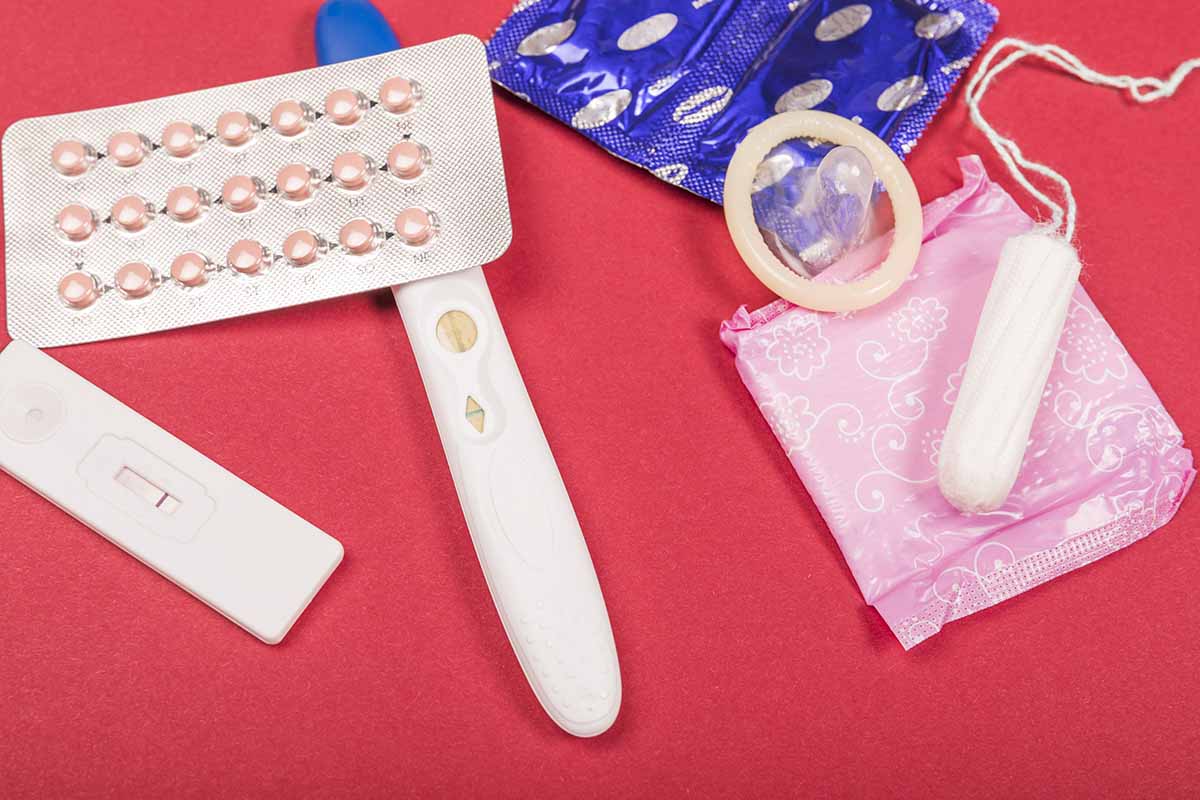
How to Choose the Right Birth Control Method for You
Choosing the right birth control method is a personal and sometimes complicated decision that involves understanding your body, your lifestyle, and your plans. With so many options available, it can be overwhelming to figure out which method is best for you.
This guide will help you understand the key factors and options for an informed choice.
Understanding Your Needs and Preferences
Before diving into the specifics of each birth control method, it’s essential to reflect on your needs and preferences. Here are some questions to consider:
- What are your health conditions? Certain health conditions can affect which birth control methods are safe for you. For example, if you have a history of blood clots, certain hormonal methods may not be suitable.
- How often do you want to think about birth control? Some methods require daily attention, while others can last for several years without any maintenance.
- Do you want to start a family in the future? Your future family planning goals can influence your choice. Some methods are easily reversible, while others are more permanent.
- How do you feel about your hormones? Hormonal methods can be very effective but may cause side effects. If you prefer to avoid hormones, there are non-hormonal options available.
- What is your budget? The cost of birth control can vary widely. Some methods are covered by insurance, while others may require out-of-pocket expenses.
Types of Birth Control Methods
Hormonal Methods
1. Oral Contraceptives (The Pill)
- Pros: Easy to use, highly effective when taken correctly, can regulate menstrual cycles, and reduce acne.
- Cons: Must be taken daily, can cause side effects such as nausea, weight gain, and mood changes.
- Ideal for: Women who can remember to take a pill every day and want a method that can easily be stopped if they decide to become pregnant.
2. Birth Control Patch
- Pros: Only needs to be changed once a week, is highly effective, and can regulate periods.
- Cons: May cause skin irritation, not suitable for women over 198 pounds, potential side effects similar to the pill.
- Ideal for: Women who prefer a weekly routine and want an easily reversible method.
3. Vaginal Ring (NuvaRing)
- Pros: Only needs to be replaced once a month, is highly effective, and can regulate menstrual cycles.
- Cons: Potential for vaginal irritation, requires comfort with inserting and removing the ring.
- Ideal for: Women who prefer a monthly routine and want a method that can easily be stopped if they decide to become pregnant.
4. Hormonal Injections (Depo-Provera)
- Pros: Only needed every three months, very effective, can reduce menstrual cramps.
- Cons: Can cause weight gain, delayed return to fertility after stopping, and potential side effects similar to other hormonal methods.
- Ideal for: Women who prefer a longer-term solution and don’t mind regular doctor’s visits for injections.
5. Implants (Nexplanon)
- Pros: Lasts up to three years, highly effective, low maintenance.
- Cons: Requires minor surgical procedure for insertion and removal, can cause irregular bleeding.
- Ideal for: Women who want a long-term, low-maintenance method and are comfortable with minor procedures.
Non-Hormonal Methods
1. Copper IUD (ParaGard)
- Pros: It lasts up to 10 years, offers high effectiveness, and is free of hormones.
- Cons: Can cause heavier periods and more cramping, requires insertion by a healthcare provider.
- Ideal for: Women who want a long-term, hormone-free solution and are comfortable with a minor procedure.
2. Barrier Methods (Condoms, Diaphragms, Cervical Caps)
- Pros: No hormones, can be used only when needed, and also protects against STIs.
- Cons: Less effective than hormonal methods, must be used correctly every time, can interrupt spontaneity.
- Ideal for: Women who prefer a hormone-free method and want protection against STIs.
3. Fertility Awareness Methods
- Pros: No hormones, can increase awareness of your menstrual cycle, no medical intervention required.
- Cons: Requires daily tracking and a good understanding of your cycle, less effective than other methods.
- Ideal for: Women who are committed to daily inquiring and prefer a natural method.
4. Permanent Methods (Tubal Ligation, Vasectomy for Partners)
- Pros: Permanent solution, no need to think about birth control again.
- Cons: Not easily reversible, requires a surgical procedure.
- Ideal for: Women or couples who are sure they do not want children in the future.
Making the Decision
Here are some steps to help you make the decision:
1.Research: Learn about the different methods available and their pros and cons.
2. Consult Your Healthcare Provider: Open communication with your gynecologist who can provide personalized advice based on your health history and needs.
3. Consider Your Lifestyle: Think about how each method will fit into your daily life and routine.
4. Evaluate Your Future Plans: Consider your long-term family planning goals and how each procedure aligns.
5. Trial and Error: Sometimes, finding the right method involves trying a few different options until you find the one that works best for you.
Closure
There is no one-size-fits-all answer when it comes to choosing a birth control method. By understanding your needs, researching your options, and consulting with your gynecologist, you can find the method that best suits your lifestyle and goals. Remember, the most effective birth control method is the one that you use consistently and correctly.